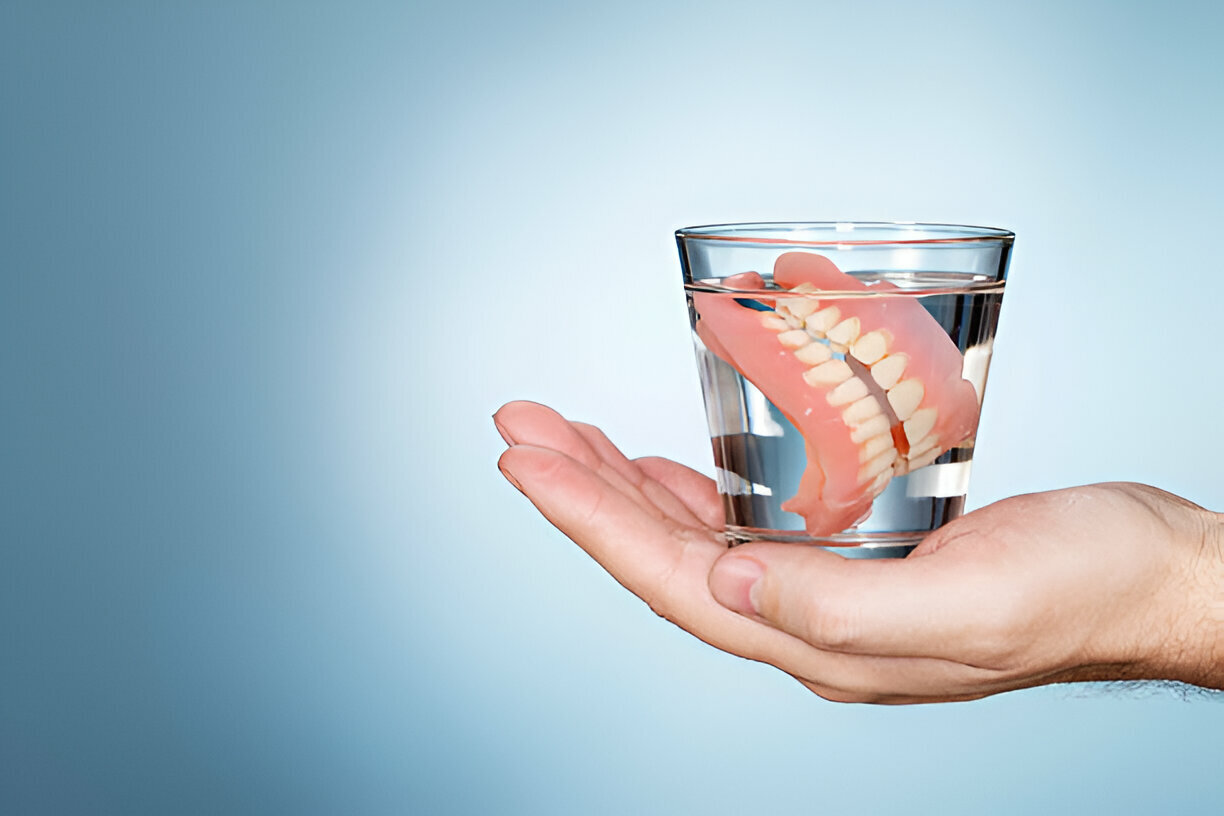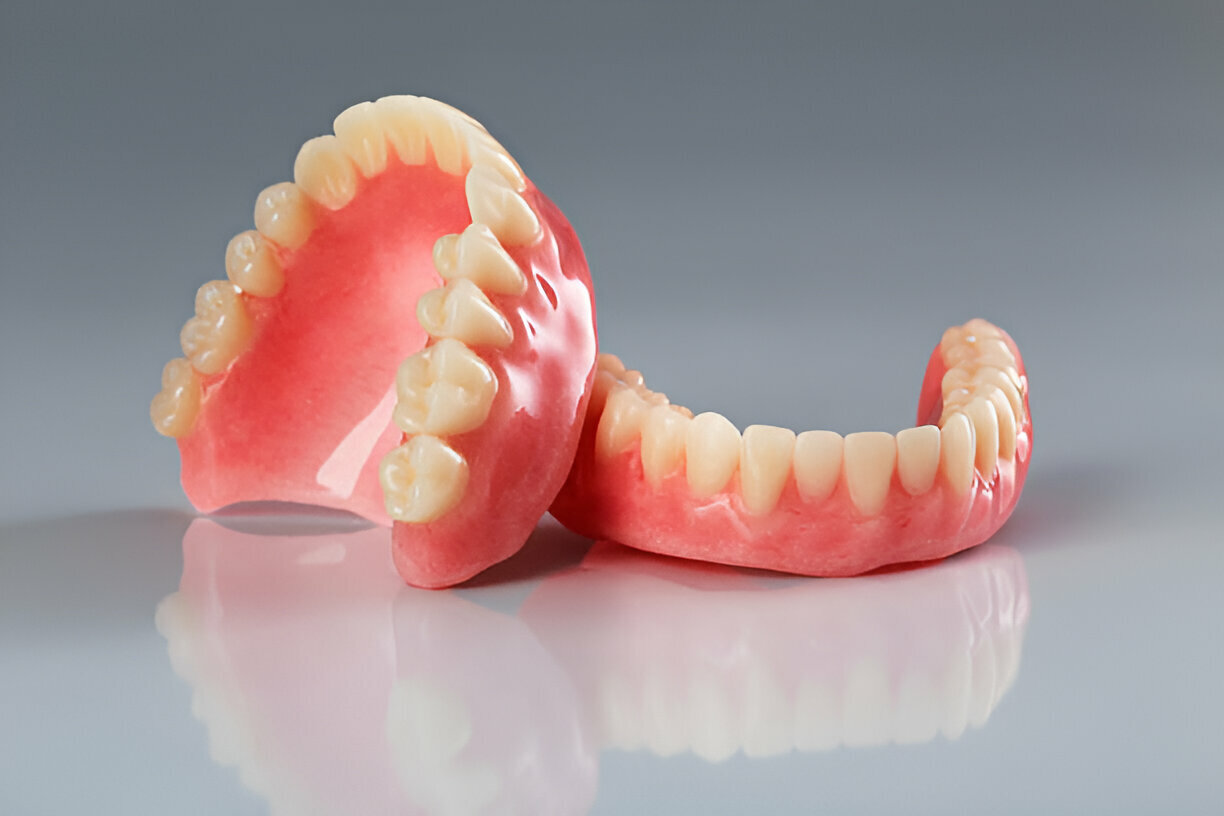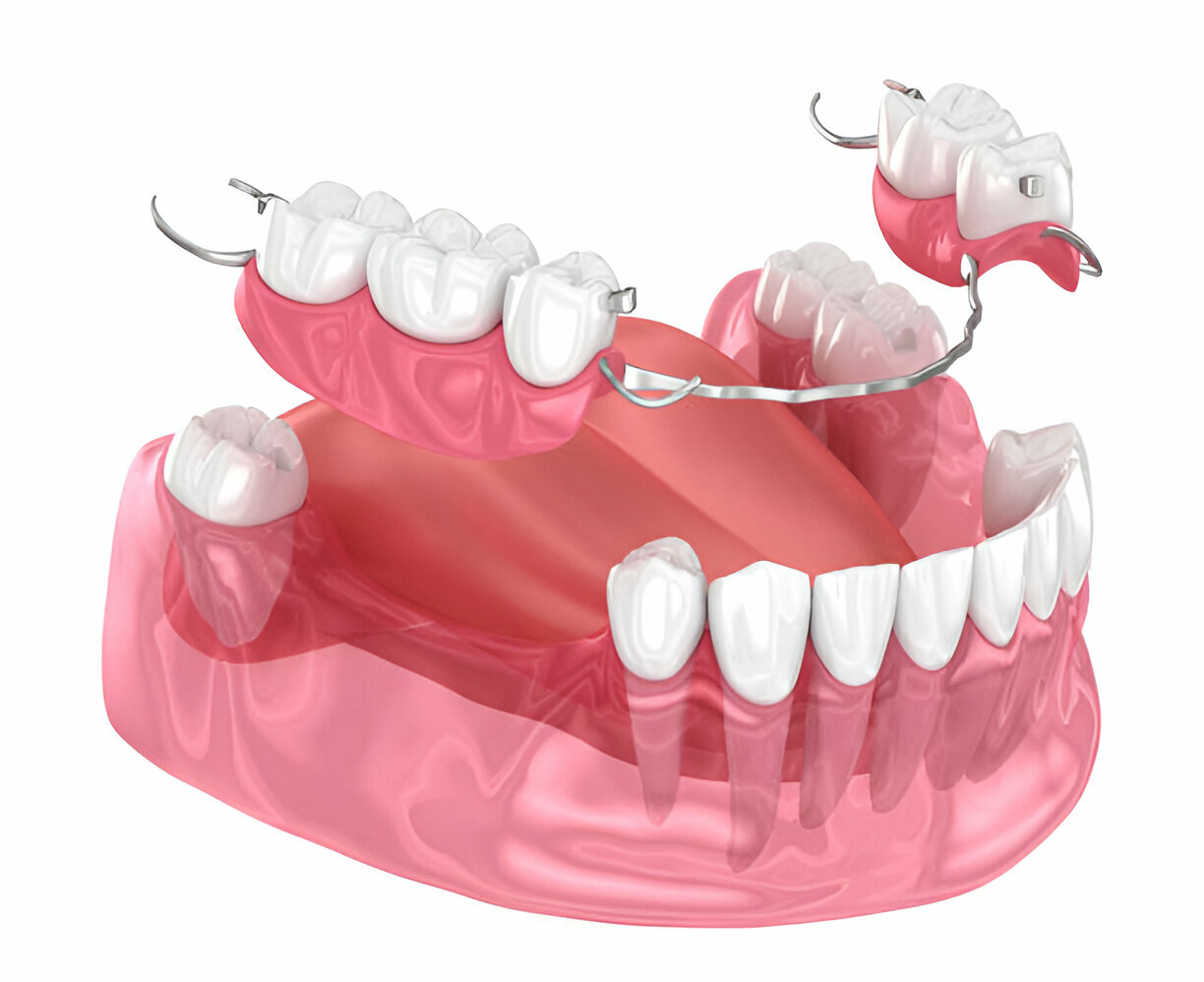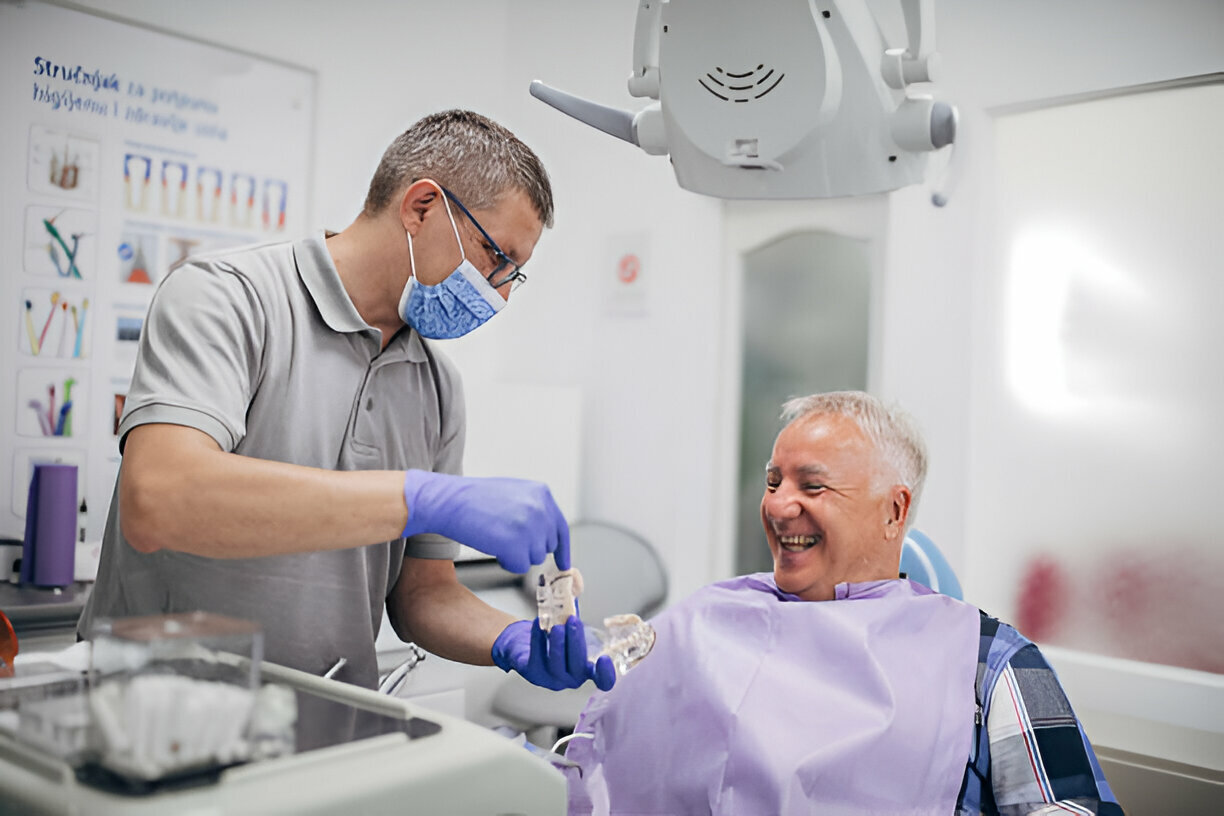
Summary
Dentures are crucial in restoring oral health for individuals who’ve lost one or more teeth due to age, accident, or medication.
They’re used by nearly 40.99 million, making them the most popular option for individuals visiting dentists in Kansas City, Missouri, thanks to their effectiveness and affordability.
Dentures are a long-term replacement for lost teeth that ensure a natural-looking smile. However, like your natural teeth, you must also care for your dentures to ensure long-lasting results.
Keeping the same in mind, this blog takes a closer look at how to maintain good oral hygiene with dentures through topics like:
- What’s the Best Approach to Clean Your Dentures?
- 7 Tips to Maintain Your Hygiene with Dentures
- How Often Should You Clean Your Dentures?
- Importance of Regular Dentist Walk-ins
So continue reading as we learn more about maintaining ideal oral conditions with dentures, in the following sections.
What’s the Best Approach to Clean Your Dentures?
Plaque and food particles adhere to dentures in the same manner as they stick to natural teeth. Dental plaque is a sticky bacterial film that accumulates on dentures and teeth after eating or drinking.
What’s more? It can build up if you don’t clean your dentures, increasing your risk of gum disease and poor breath. This is why regular cleanings are essential for your overall dental health.
To keep your dentures clean, you will need:
- Light soap
- Water
- A soft towel
- A soft-bristled toothbrush
Aim to clean your dentures at least once daily. Brushing them twice daily, in the morning and at night, is even better. However, do not use toothpaste to brush your dentures.
Many toothpaste products contain abrasive chemicals that are unsuitable for removable teeth. These toothpastes can progressively impact the surface of dentures, resulting in scratches or microscopic fissures.
Instead, clean your dentures using a soft-bristled toothbrush made exclusively for dentures. These toothbrushes help avoid scratches on the surface of your dentures.
However, brushing alone will not clean your dentures. Properly clean your dentures each night after removal to keep them in good condition for a long time.
7 Tips to Maintain Your Hygiene with Dentures
-
Give Frequent Breaks To Your Gums
Your gums should have at least a six- to eight-hour break from your dentures daily. For most people, removing their dentures at night offers enough relaxation for the gums to heal. Not giving your gums ample rest can cause mouth ulcers and inflammation due to frequent friction and rubbing.
-
Use an Adhesive
Using a fixative or oral adhesive for dentures decreases friction between the gums by lubricating them. It also helps keep dentures in place, lowering inflammation.
-
Rinse Thoroughly
To prevent the formation of hazardous germs, rinse your mouth often with a warm saltwater solution or alcohol-free mouthwash. This calms the gums, helps to avoid periodontal disease, and maintains oral health.
-
Give Your Gums Some TLC
After removing your dentures, clean your mouth and gums properly. Massage and clean your gums with a gauze, towel, or soft-bristled toothbrush, removing any remaining denture glue. Remember to clean and floss your natural teeth if you wear a partial denture.
-
Refrain from Using Tobacco Products
Tobacco consumption can cause gum and soft tissue irritation, as well as increase the risk of oral cancers. It’s essential to quit smoking, using smokeless tobacco, or chewing tobacco as soon as possible, regardless of whether you wear dentures.
-
Get the Ideal Fit
If you’ve had new dentures for a few weeks and don’t feel like you’re adapting well, or if your once-perfectly fitted dentures are no longer comfortable, make an appointment with our dentist.
Your new dentures may need to be modified for a better fit. Furthermore, because a person’s anatomy changes significantly over time, dentures frequently need to be adjusted, and they might become twisted out of their original shape.
-
Avoid Tough Foods
Chewing excessively while wearing dentures causes unwanted discomfort to the gums. Avoid meals that need more chewing than others to keep your gums comfortable and minimize unwanted pressure or rubbing.
For example, avoiding carrot sticks, tough meats, apples, corn on the cob, nuts, seeds, popcorn, and chewing gum will relieve your gums of excess strain and friction.
How Often Should You Clean Your Dentures?
Dentists recommend washing and brushing your dentures at least once daily, preferably twice. Brush your dentures in the morning and before bedtime. You should also soak them in a mild soap or dental cleaning solution every night.
Although toothpaste should not be used to brush dentures, brushing your gums and tongue twice daily is recommended. This will keep your gums healthy and prevent foul breath.
Remember to clean and floss your remaining teeth daily if you have partial dentures. Rinsing your mouth with mouthwash improves dental health. Dentures can be removed before mouthwash, or you can use denture-specific mouthwash.
Importance of Regular Dentist Walk-ins
Dentists advocate frequent denture maintenance. They are trained to inspect and assess dentures for damage or abnormalities so that they may be fixed, replaced, updated, or modified as needed. Regular dental exams also help prevent oral health problems like tooth decay and gum disease from harming dentures.
If properly cared for, the best dentures in Kansas City can remain in good shape and last longer. Dentures should be cleaned daily with denture cleaning products/brushes; dentists should inspect them regularly and maintain them to avoid tooth decay and gum disease.
By making an additional effort with denture care, you can keep your dentures healthy and ready for life.
Takeaway
- Dental plaque is a sticky bacterial film that accumulates on dentures and teeth after eating or drinking.
- Dentists recommend washing and brushing your dentures at least once daily, preferably twice.
- Using a fixative or oral adhesive for dentures decreases friction between the gums by lubricating them.
- Remember to clean and floss your remaining teeth daily if you have partial dentures.
- Chewing excessively while wearing dentures causes unwanted discomfort to the gums.
- Don’t let your incomplete smile impact how you see yourself! Visit our experts at the Dental Care Center of South Kansas City today to notice the change.



